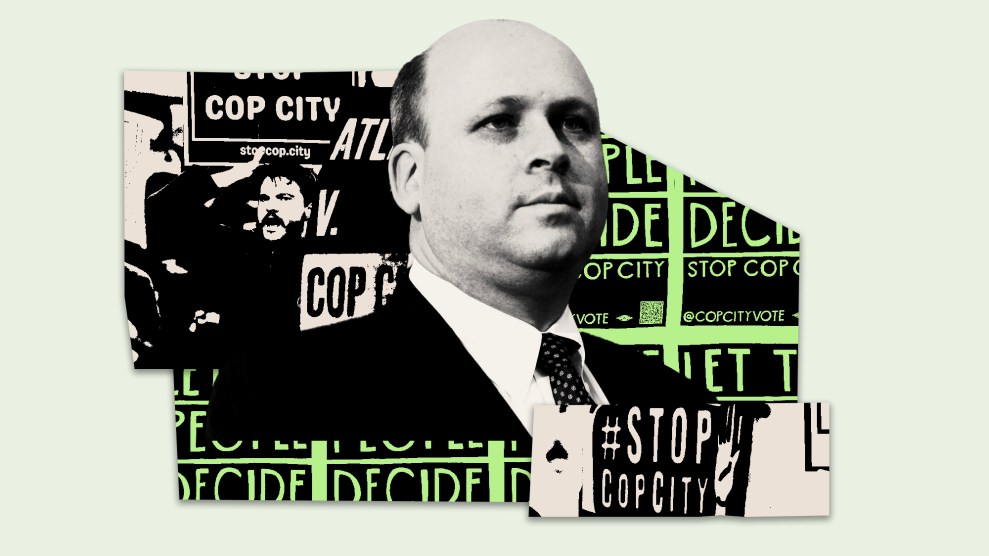This time over the Bush administration’s refusal to release then-Vice President Dick Cheney’s interview with the FBI regarding his role in the Valerie Plame leak. At the time, Bush and his attorney general, Michael Mukasey, cited executive privilege. They also floated the idea that future officials would be unwilling to cooperate with criminal investigations if they knew their interviews could be made public. Except special prosecutor Patrick Fitzgerald never offered Cheney confidentiality. But the Obama administration—citing arguments similar to Bush’s—has refused to make the interview public.
So Citizens for Responsibility and Ethics in Washington sued the Justice Department under the Freedom of Information Act, whose guidelines Attorney General Eric Holder altered in March “to favor disclosure and transparency.” They argue their case in U.S. District court on Thursday, and it appears they will base their argument partially on Holder’s own loosening of Ashcroft-era FOIA restrictions. In an April letter to the Justice Department, CREW’s attorney David Sobel wrote:
As the Attorney General has directed, echoing the words of President Obama, information should not be withheld “merely because public officials might be embarrassed by disclosure, [or] because errors and failures might be revealed.”
That certainly hurts the Justice Department’s case, though perhaps not enough to compel the court to side with CREW. The Justice Department is also basing its case partly on certain exemptions from FOIA, one being Exemption 7a, which authorizes:
[T]he withholding of “records or information compiled for law enforcement purposes, but only to the extent that production of such law enforcement records or information . . . could reasonably be expected to interfere with enforcement proceedings.”
Determining the applicability of this Exemption 7 subsection thus requires a two-step analysis focusing on (1) whether a law enforcement proceeding is pending or prospective, and (2) whether release of information about it could reasonably be expected to cause some articulable harm.
So the DOJ is reasonably expecting the release of Cheney’s testimony to interfere with enforcement proceedings. How? The proceedings are over. The jury convicted Scooter Libby. Obama has not so much as hinted he wants to prosecute Cheney. In fact, he has said the opposite, all while promising transparency. What articulable harm could result in releasing Cheney’s interview?













